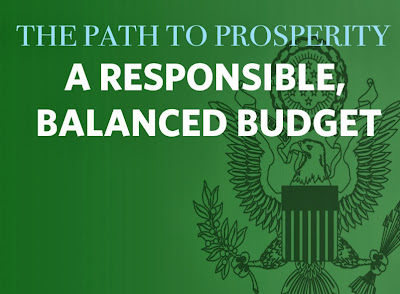Weekly Republican Address Aaron Schock 12/21/13 FULL TEXT TRANSCRIPT PODCAST VIDEO. Delivering the Weekly Republican Address from the campus of Eureka College in Eureka, IL, Rep. Aaron Schock (R-IL) talks about the House’s efforts to deliver fairness and better solutions for young people hurting from the president’s health care law. Schock is one of the youngest members of Congress and co-founder of the Congressional Future Caucus.
The full audio of the address is here. Download MP3 for PODCAST
FULL TEXT TRANSCRIPT: Remarks of Representative Aaron Schock (R-IL) Weekly Republican Address. Eureka College, Eureka, IL. December 21, 2013.
Good morning from Eureka College in Eureka, Illinois – the proud alma mater of Ronald Reagan.
How bad? Well, typically, based on health and age, it costs about six times more to insure a 64-year old than it does an 18-year old.
The health care law, however, says that insurance companies can only charge their most expensive customers three times what they do their cheapest customers.
In other words, they are forced by law to shift the cost of older and sicker patients onto young people. And the president needs a lot of young people – about 2.7 million – to enroll so he can shift the costs onto them and keep premiums from skyrocketing.
In Washington, they call this “community rating,” but where I come from, we call it a ripoff. According to one independent estimate, for a healthy, non-smoking 30-year old male, the cheapest health insurance plan – the cheapest one – will be on average 260 percent more expensive. That's two and a half times what a young person should be paying.
You know, it’s funny, the Obama administration held a contest encouraging millennials to come up with a catchy slogan or video to help sell the law.
The winning entry was a song with lyrics that actually included the line: “Don’t worry about the price tag.”
Well, it’s tough not to worry about the price tag when you’re racking up tens of thousands of dollars in student loans, doing work-study to make it by, and trying to save for your first apartment – all at a time when youth unemployment in this country is nearly 16 percent.
Young people helped put the president in office, and with this health care law, he’s pushing them into years of less choice, fewer opportunities, and larger bills.
This isn’t how it was supposed to be.
And everywhere I go people come up and say we should do something to stop this law, and they’re right.
We ought to scrap it and start over with an approach that focuses on lower costs, more choice, and more freedom and competition.
We should make it so that young people pay their fair share for health care, and nothing more.
And instead of Washington telling us what to buy, let’s get back to letting every American choose the plan that’s best for them and their family.
Every time I’m asked what Washington can do to connect with millennials, my answer is that we should actually get government out of the way. Hard work and a good education will take you further than any government program.
And let’s give young people the chance to build confidence, give them an incentive to work, and save, and invest, take risks, and rekindle that entrepreneurial spirit that sets this country apart.
The president’s health care law does none of this – and it only sets us back and makes things more expensive. I know – and you know – that we can do better.
Thank you for listening. Let me take this opportunity to wish you and your family a Merry Christmas and best wishes for the New Year.










